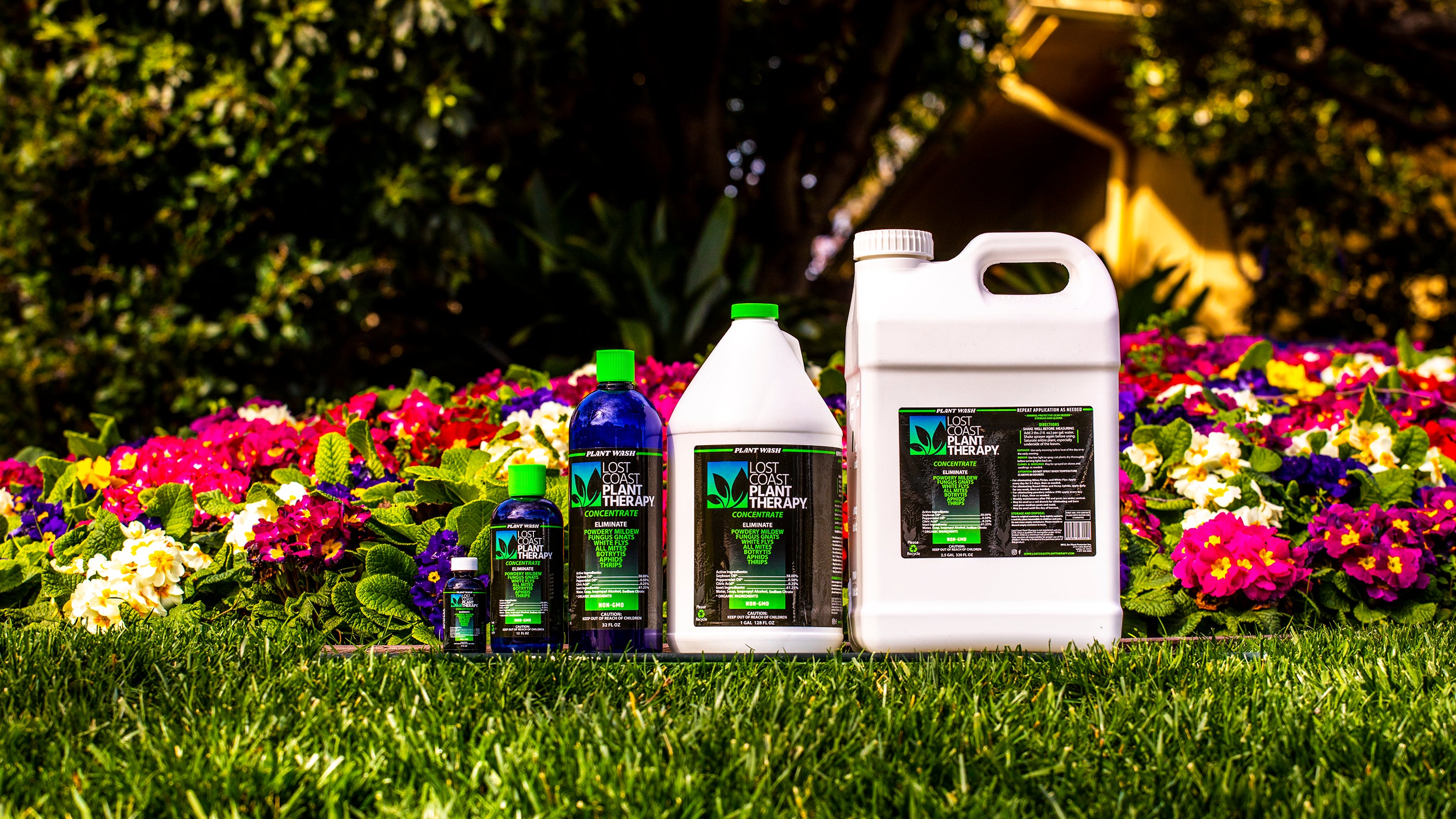As we journey through the cycle of seasons, tending to our gardens with care and diligence, the importance of choosing the right allies in our quest against pests and diseases cannot be overstated. Lost Coast Plant Therapy, our natural and organic pesticide and fungicide, stands as a pillar of sustainable gardening, embodying our commitment to organic integrity and the well-being of the ecosystem at large. We believe in the principle that the best solutions are those that work with the environment, not against it.
Safe for humans, pets, and bees when used as directed, it represents a choice that aligns with the ethos of nurturing life in all its forms, ensuring that our gardens remain sanctuaries for biodiversity. Let’s make our gardening practices a reflection of our respect for nature. With every use of our product, as a foliar spray or a soil drench, we commit to a healthier, more sustainable way of bringing our gardens to life.
Together, we can cultivate a future where our gardens flourish, protected by solutions that are as kind to the earth as they are effective.
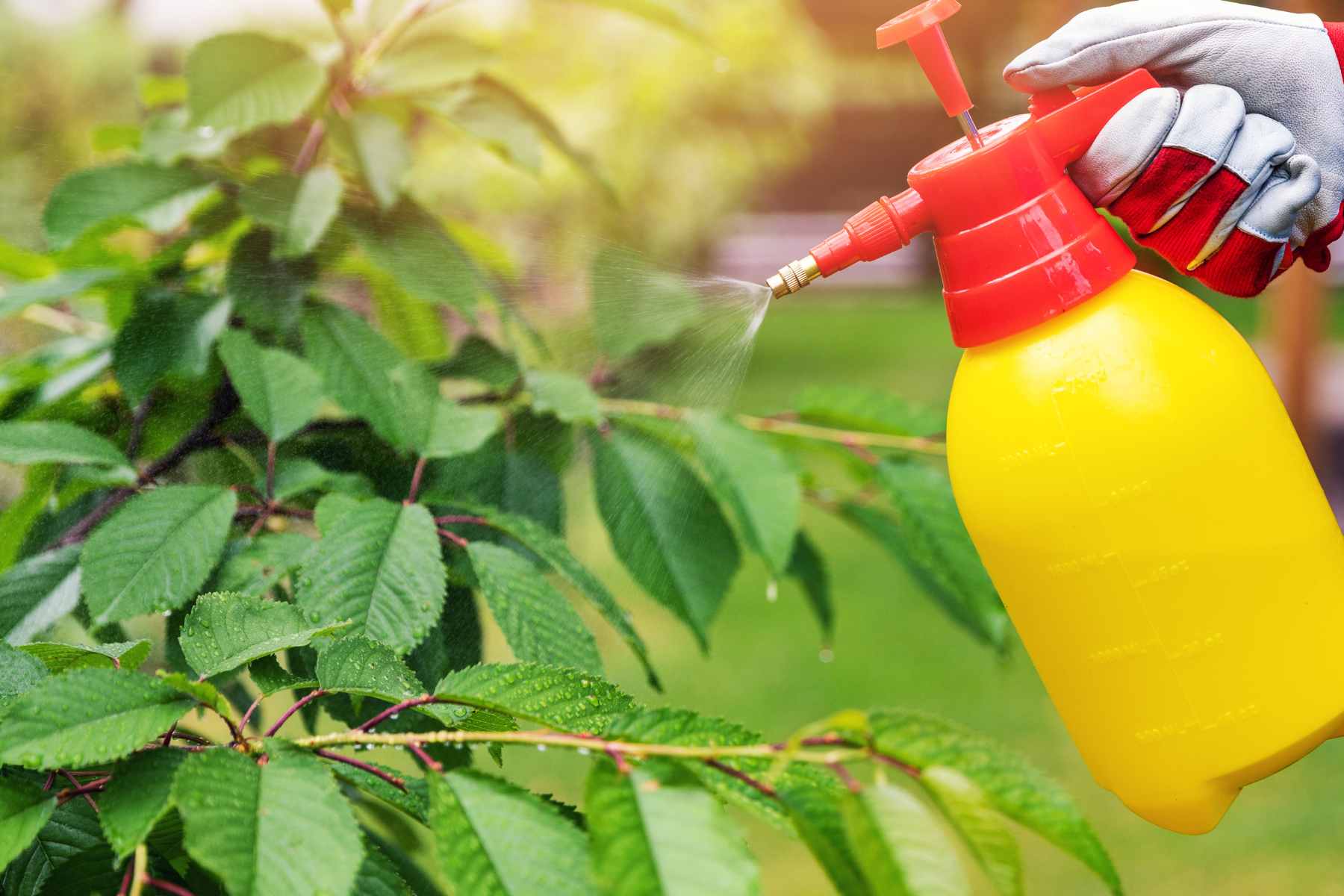
Harnessing Nature’s Power
In the quest for a thriving garden, everyone dreams of a secret weapon against pests. Discover Lost Coast Plant Therapy, a solution that aligns with sustainable gardening practices. Our formulation integrates naturally derived ingredients for effective pest control when used as directed.
Why Our Natural Plant Protector is Different
Lost Coast Plant Therapy is meticulously crafted from a blend of natural and organic ingredients, setting a new standard in garden care. Its formula is designed to control pests through a method as old as nature itself, by suffocating and dehydrating them upon contact. This helps your garden remain a safe haven for beneficial insects like bees and ladybugs, as well as for your family and pets when used as directed. Suitable for a diverse range of plant life, from delicate herbs to the robust trees in your backyard garden, it's a versatile ally in any gardener's arsenal.
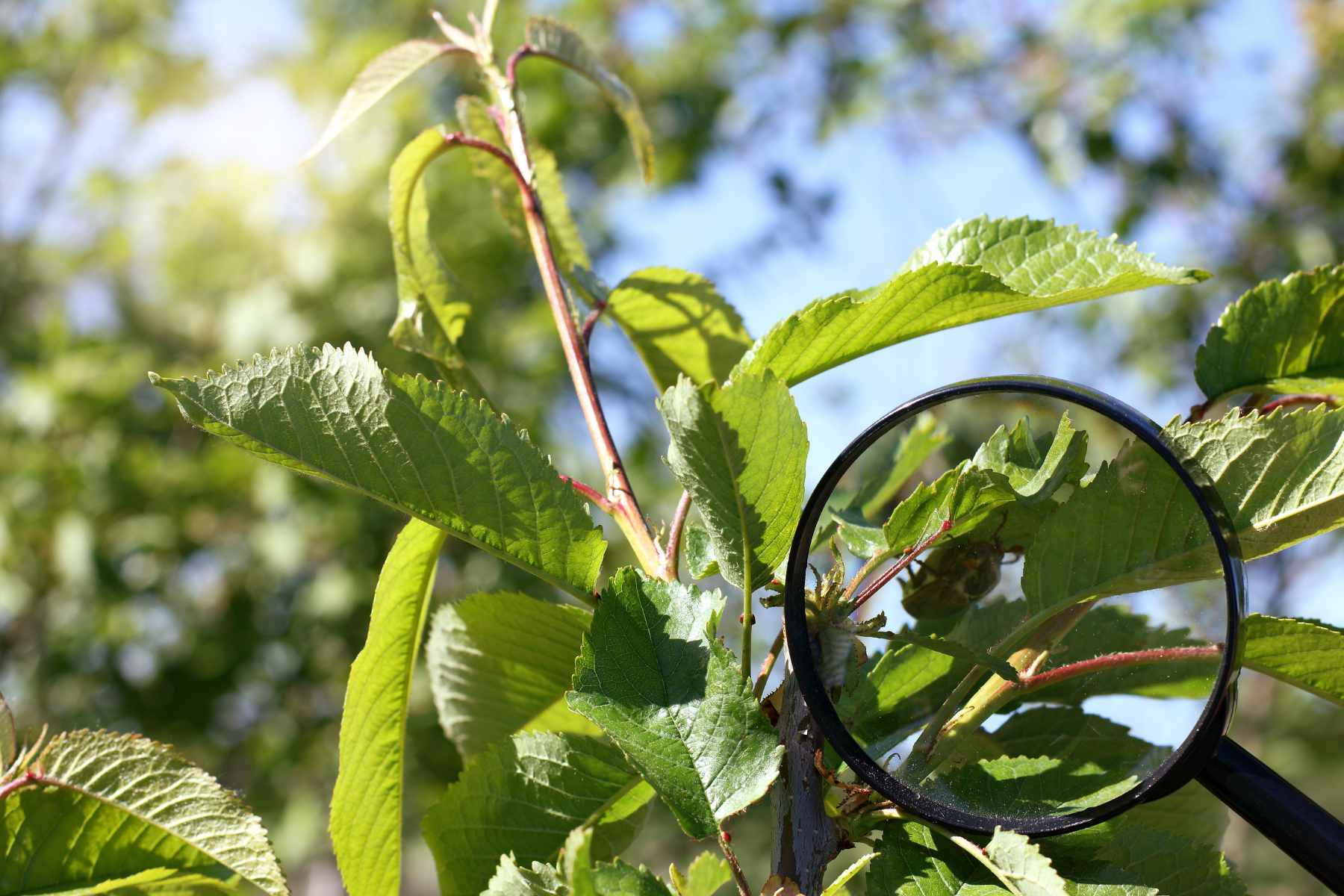
Tip 1: Keep an Eye Out - The Key to Early Pest Detection
There's an old gardening saying "The best offense is a good defense." When it comes to protecting your garden, nothing could be closer to the truth. Regular monitoring of your plants is a way to connect with the natural world thriving under your care and the cornerstone of early detection, enabling you to spot any potential problems before they turn into full blown infestations.
Imagine strolling through your garden with a morning cup of coffee in hand, the early sun casting a gentle warmth over your thriving plants. This peaceful routine is not just a great start to your day but an essential check-up for your green friends. Look for the tell-tale signs of distress: unusual spots on leaves, tiny insects, or webbing under the leaves could indicate the presence of pests or disease.
By catching these signs early, you can take action when it's most effective, and often, the simplest solutions are the best. Our Natural Plant Wash, becomes your first line of defense. Applying it at the first sign of trouble can prevent pests from gaining a foothold, saving you from more significant problems down the line.
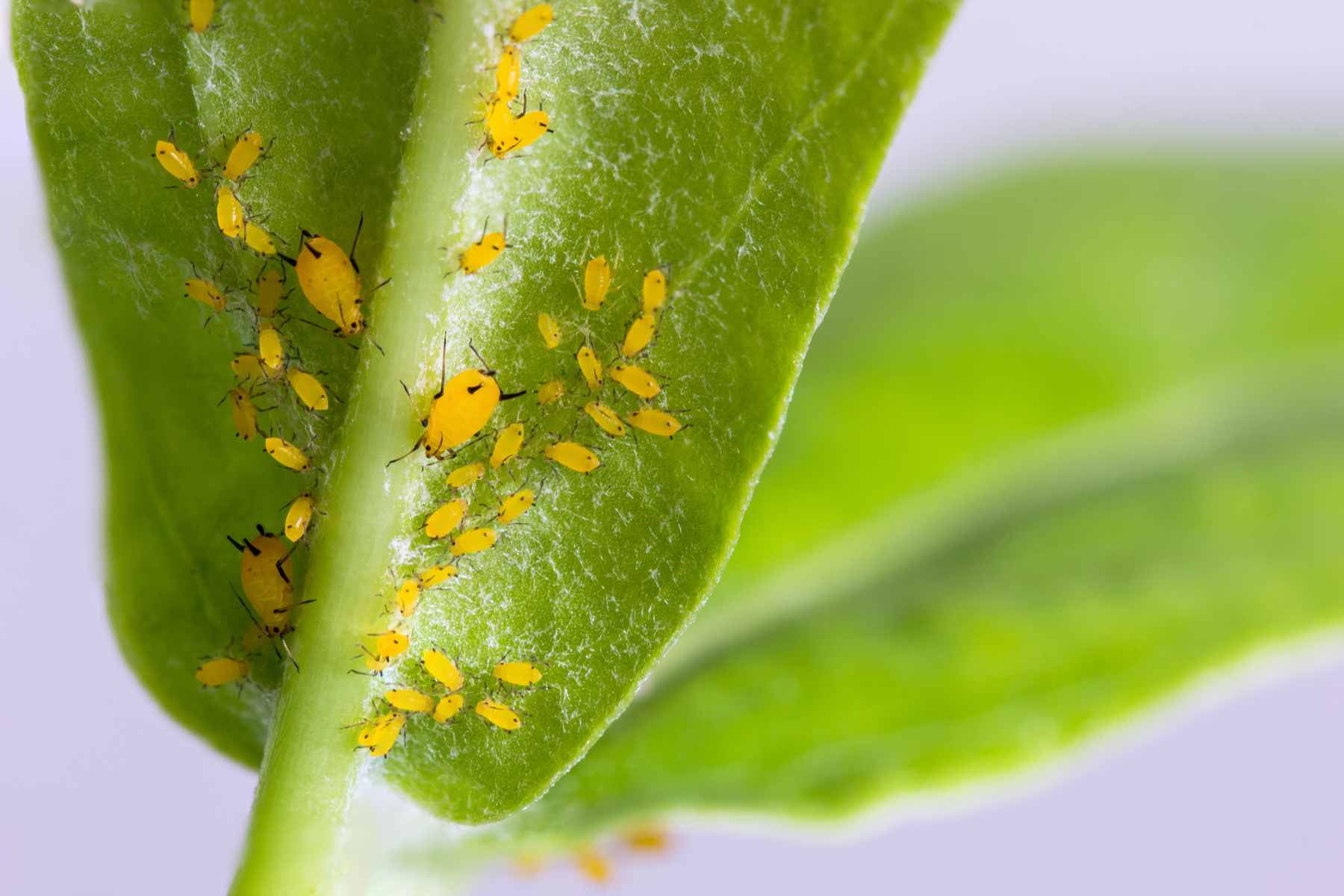
Tip 2: Identifying Pests and Diseases Accurately
After establishing a routine of regular monitoring, the next step in our garden guardianship is becoming a detective of sorts. Correctly identifying the culprits behind the symptoms you see is crucial. Every insect and every spot of mold and powdery mildew has its own set of habits, and preferences.
Take, for instance, the aphids, these tiny pests prefer the tender, new growth on your plants, sucking the sap and leaving a sticky residue. Or perhaps you notice the delicate webbing of spider mites under the leaves, a sign of their silent feast on your plants' vital fluids. Additionally, russet mites, though harder to spot due to their microscopic size, can cause significant damage by feeding on the plant's tissues, leading to stunted growth and bronzed foliage.
Recognizing these signs for what they are is the first step in choosing the right approach to control them. Misidentification of pests or diseases can lead to ineffective treatment. Always double-check that you’re dealing with the pests you think you are.
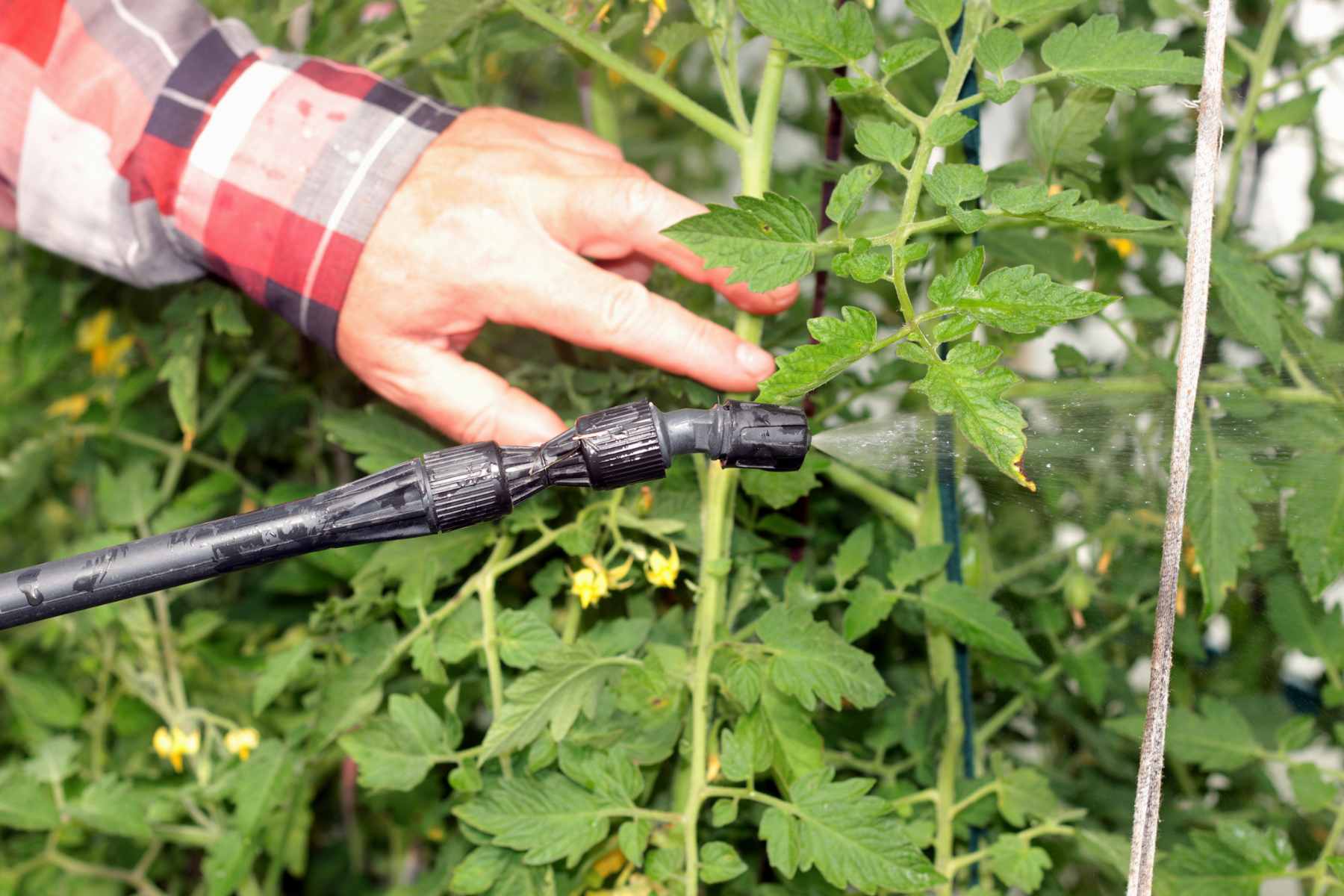
Tip 3: Proper Application of Lost Coast Plant Therapy
Achieving optimal results with our Natural Plant Protector involves more than just applying it to your plants. Once a potential issue is spotted, knowing how to effectively use Lost Coast Plant Therapy is crucial. It requires a blend of precision and understanding of the product's capabilities. Here’s how to ensure you’re getting the most out of this natural and organic solution:
Proper Dilution is Key: The effectiveness of our Natural Plant Protector begins with the right mixture. Dilute 2 tablespoons (1 ounce) per gallon of water to strike the perfect balance between strength and gentleness.
Thorough Coverage Matters: Pests are great at hiding and for comprehensive protection, it's essential to coat all plant surfaces. Focus on both the tops and undersides of leaves, the stems, and the base of the plant.
Timing Your Application: Apply our Natural Plant Protector during the cooler parts of the day, preferably early morning or late evening. This timing prevents potential leaf burn and minimizes disturbance to beneficial insects, aligning pest control efforts with the natural rhythms of your garden.
Regular Use for Ongoing Protection: Consider our Natural Plant Protector as a regular part of your garden maintenance, akin to watering or weeding. Its gentle formula is ideal for both preventive measures and active pest control, supporting your plants' health throughout the growing season.
See more instructions here.

Tip 4: Below the Surface - Soil Health for Stronger Plants
When we think about the essence of gardening, it all begins with the soil. It's the foundation of every garden, the bedrock upon which all plants rely for nutrition, support, and life itself. Ensuring the health of your soil is akin to building a strong, nurturing home for your plants. Healthy soil leads to resilient plants, capable of withstanding the challenges of pests and diseases more effectively.
Soil health is a complex interplay of nutrients, microorganisms, and physical properties. It's about creating an environment that's rich in organic matter, well-aerated, and with balanced moisture. Incorporating compost into your garden is a simple yet transformative step toward improving soil health. Compost adds essential nutrients back into the soil, encourages beneficial microbial activity, and improves soil structure, enhancing its ability to retain water and nutrients.
Another aspect of soil health is pH balance. Different plants thrive in different pH environments, and ensuring your soil's pH aligns with the needs of your plants is crucial. A simple pH test can reveal a lot about your soil's condition and help you make informed decisions about amendments that may be needed to optimize plant health.
In addition to these practices, Lost Coast Plant Therapy can be utilized as a soil drench, offering another layer of protection right at the roots. Our natural and organic pesticide and fungicide is not only effective when applied directly to plant foliage but can also be introduced to the soil! This dual application method not only targets common garden pests and diseases already present but also preemptively defends against future threats by providing a barrier against pests from below the surface, ensuring your plants are safeguarded through and through.
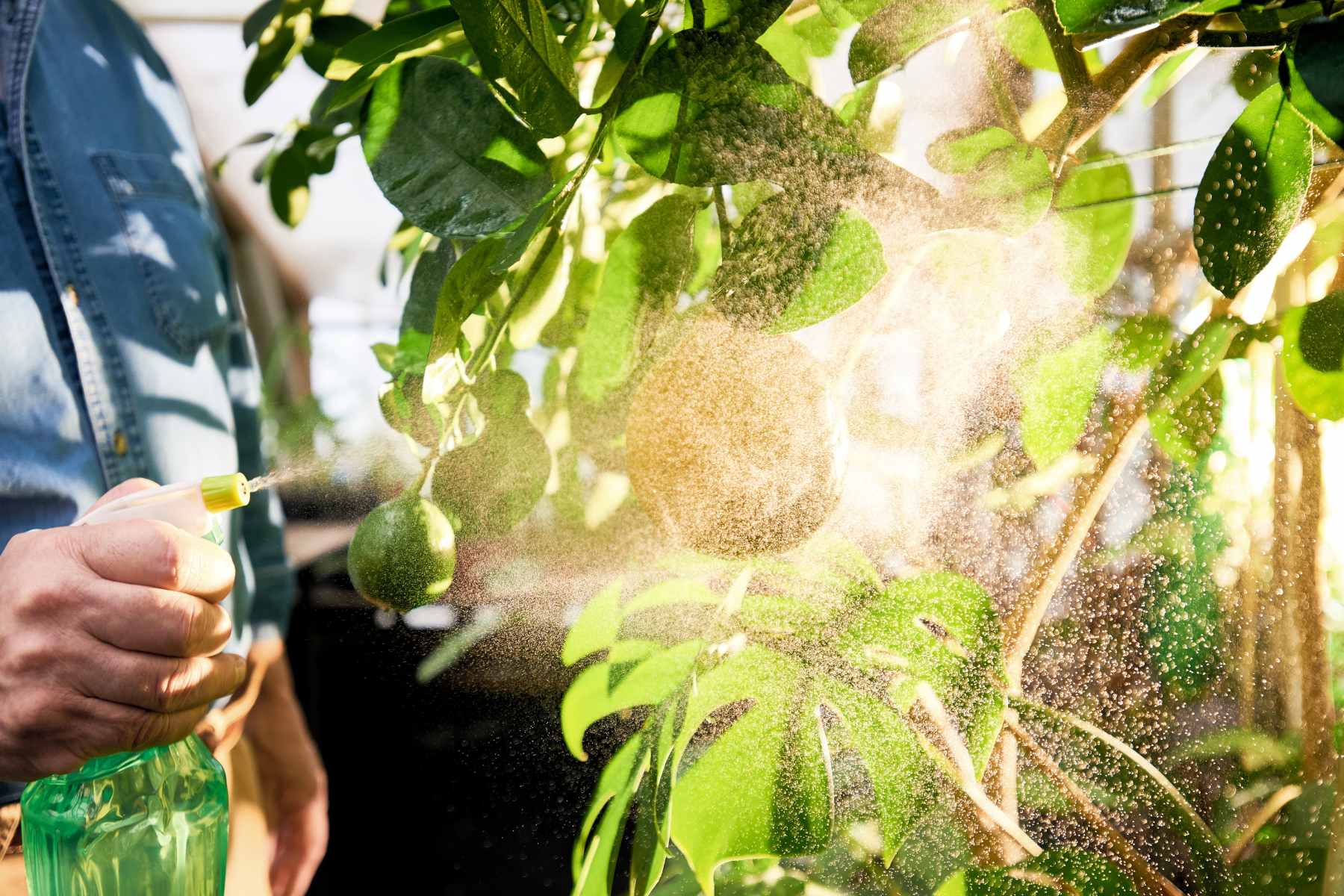
Tip 5: Boosting Our Natural Pesticide Formula
Always read and follow the guidelines and instructions on your bottle. In cases when you might face particularly stubborn pests boosting the effectiveness of our natural pesticide can be achieved through a combination of strategic use and complementary gardening practices. Here's how:
Enhanced Application Techniques: For pests that prove to be particularly tenacious, consider adjusting your application technique. Ensure thorough coverage by carefully spraying all parts of the plant, especially the undersides of leaves where pests often hide. Using a fine mist setting on your sprayer can help achieve a more uniform application.
Boost Plant Immunity: Just like humans, plants with strong immune systems are better at warding off diseases and pests. Enhance your plants' natural defenses by ensuring they receive optimal nutrition, water, and care. Healthy plants are naturally more resilient to pest invasions.
Boosting our Formula: Keep in mind that we have found the original formula dilution to work best (1 oz per gallon) but adding Isopropyl Alcohol and increasing the concentration slightly, by adding 1-2 more ounces per gallon of water, can enhance its pest-controlling capabilities. When dealing with particularly stubborn issues like russet mites, thrips, and aphids, adding 1-3 ounces of Isopropyl Alcohol to the mix can provide that extra punch needed to break through the pests' defenses.
Test on a Small Scale First: Before fully committing to a boosted formula, it’s wise to test it on a small area or a few plants first. This allows you to gauge the effectiveness of the enhancement and monitor for any adverse reactions, ensuring the safety and health of your garden. Each garden and pest situation is unique, so finding the right balance for yours is crucial.
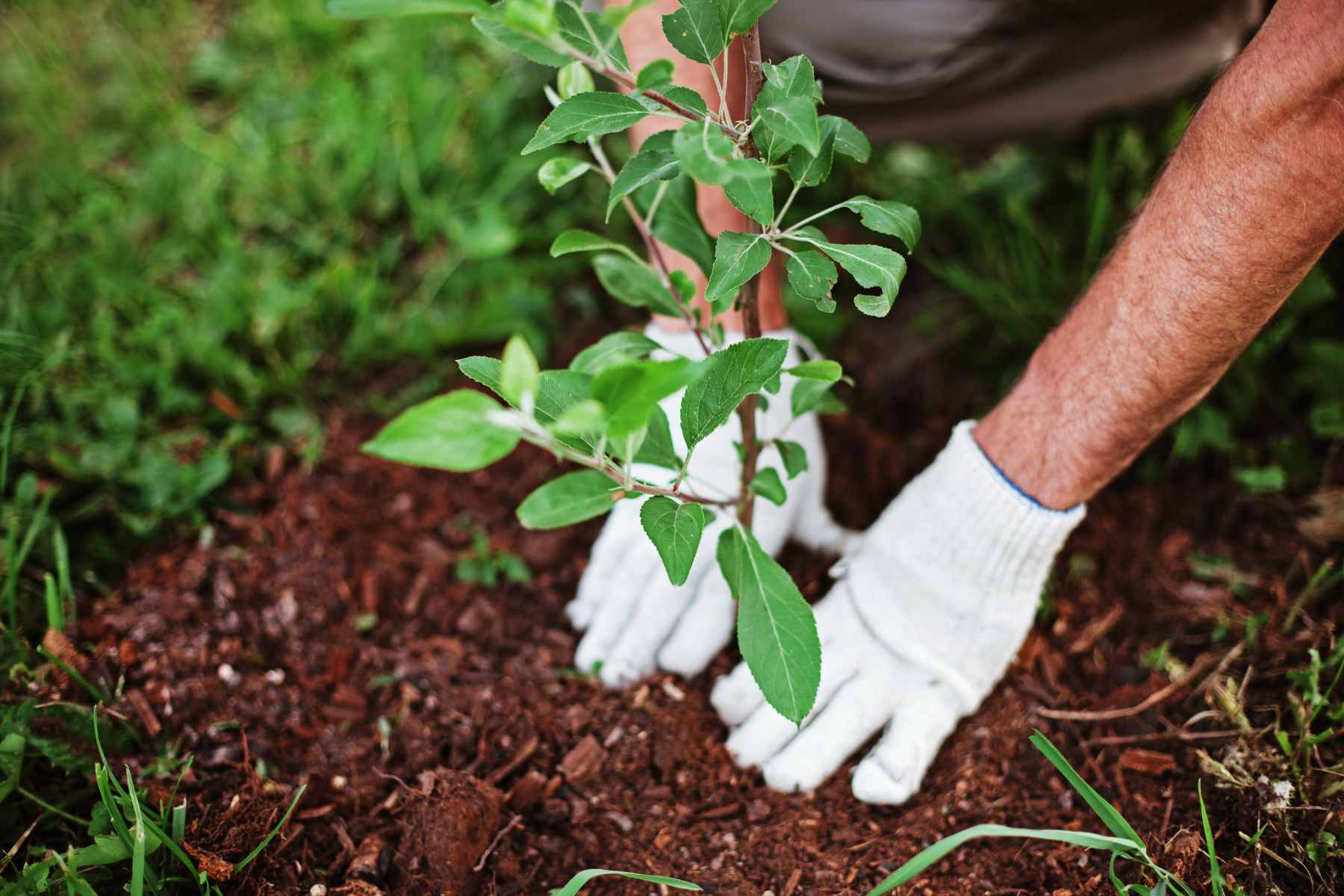
Tip 6: Incorporate Our Natural Plant Protector into Your Preventive Strategy
Our Natural Plant Protector is not just for when trouble arises, it's a powerful tool in your preventive care arsenal. Regular applications, as part of your garden maintenance routine, can serve as a deterrent to pests, creating an environment where your plants can thrive with minimal interference. The key is consistency and adherence to proper application techniques, ensuring your garden benefits from the full protective potential of our natural and organic solution.
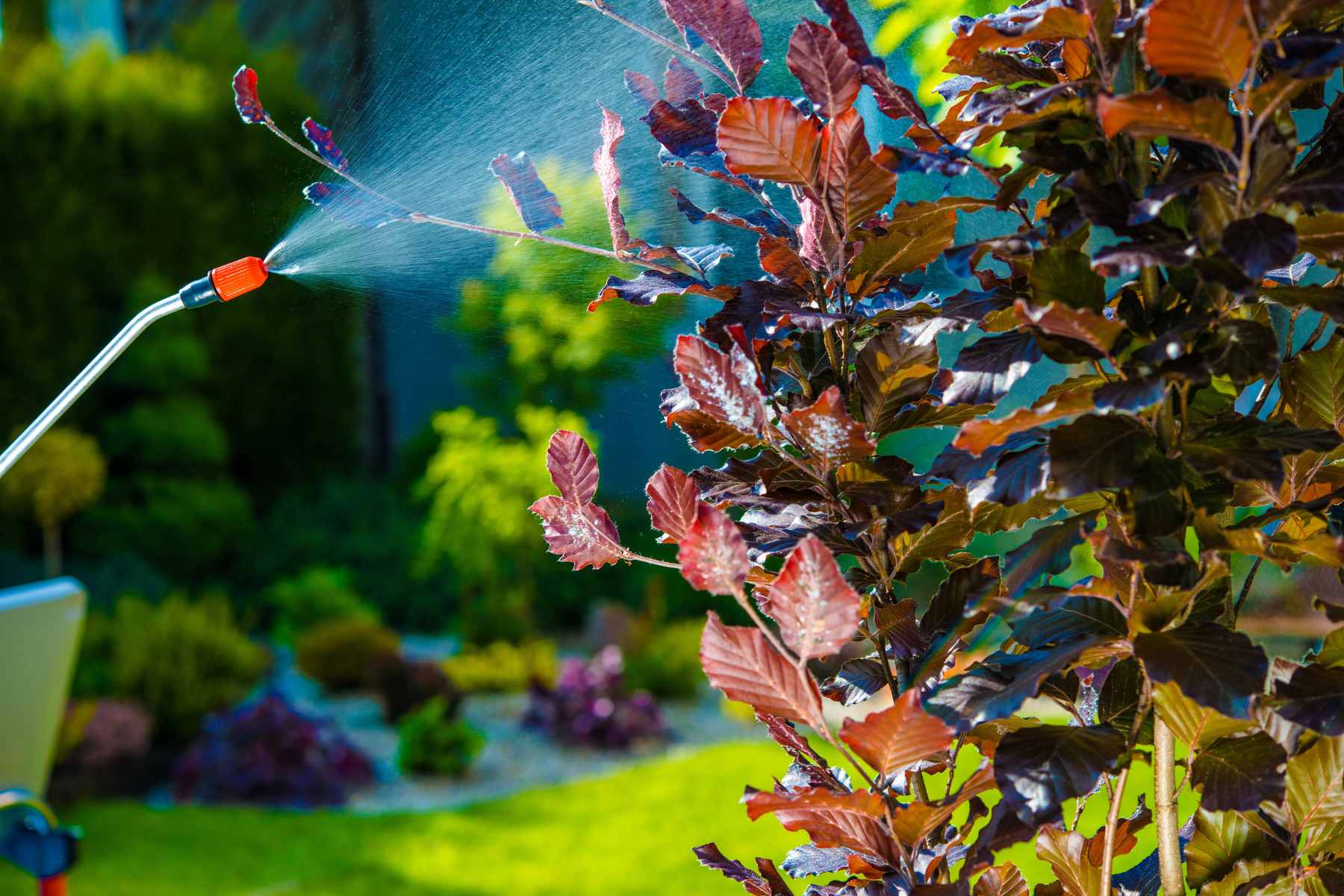
Tip 7: Know When and How Often to Apply for Optimal Results
When to Apply:
Apply early in the morning or late in the evening. These times offer a cooler environment, reducing the risk of evaporation and ensuring that the plant has ample time to absorb the treatment. Moreover, many beneficial insects are less active during these periods, minimizing any potential impact on them.
Weather plays a role too. Aim for a calm, dry day. Wind can carry the spray away from your target, while rain during or shortly after application can wash it away before it has a chance to work. Checking the forecast before you plan your application can save you time and product.
How Often to Apply:
Frequency is equally important. As a general guideline, our Natural Plant Wash is designed for flexibility, allowing for both preventive and responsive use. For preventive care, applying once every 7-10 days during the growing season can help ward off pests before they become a problem. This regular application helps create an environment less inviting for pests, acting as a deterrent.
In the face of an active infestation, the approach shifts. Apply every 5-7 days until the pest problem is under control. Depending on the severity, it might be necessary to shorten this interval to every 3-5 days, especially for persistent pests. Always monitor the condition of your plants and pests to adjust your strategy accordingly.
Remember, the key to using our Natural Plant Wash effectively lies in consistent, mindful application. Just as you wouldn't skip a beat in a daily routine that keeps you healthy, the same consistency ensures your plants remain vibrant and pest-free.
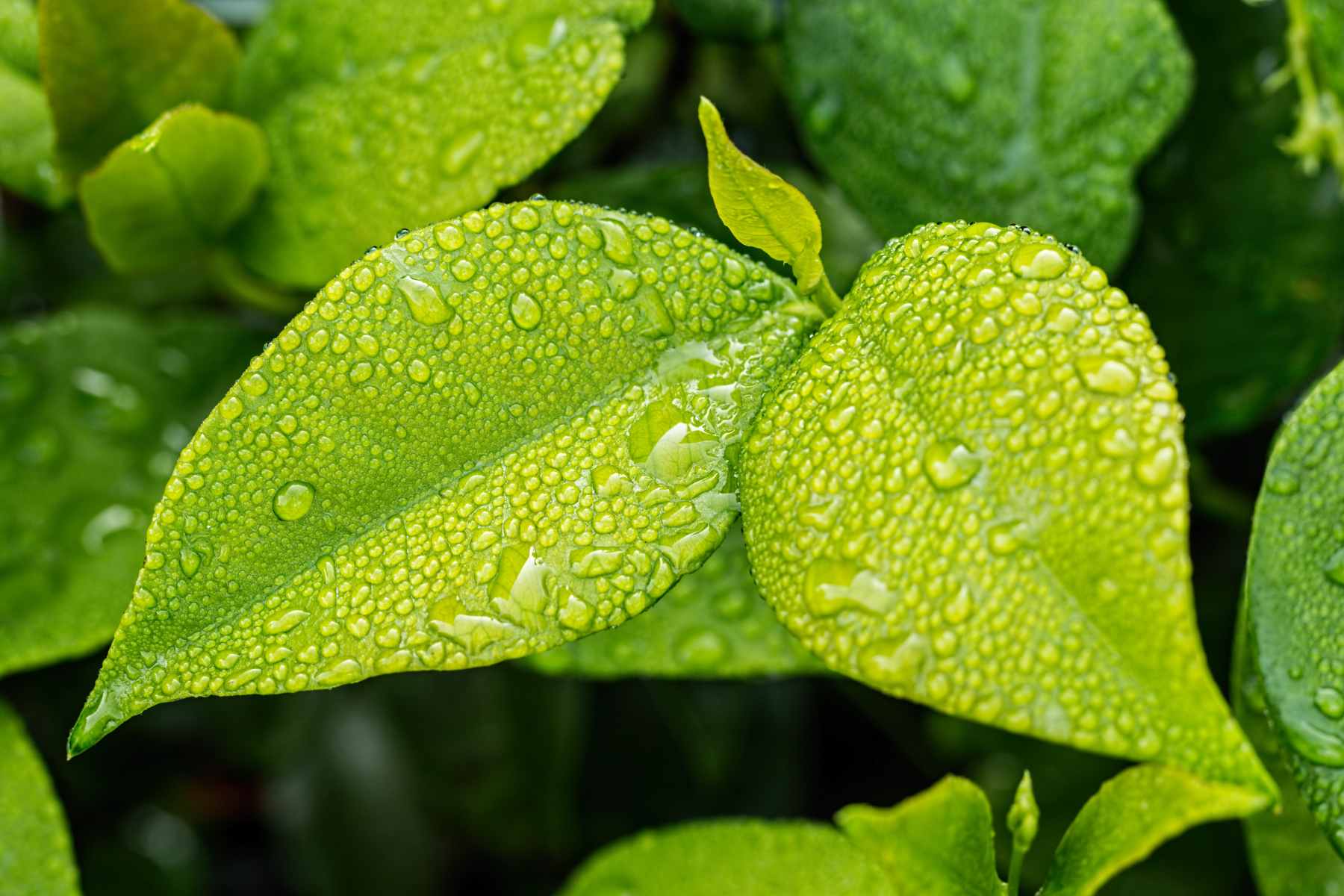
The Benefits of Organic and Natural Pest Solutions
First and foremost, organic and natural pest solutions embody a commitment to the environment. They degrade more quickly than synthetic pesticides, minimizing their impact on the surrounding ecosystem. This rapid breakdown helps protect groundwater, soil health, and non-target species, including beneficial insects and local wildlife, fostering biodiversity.
Human Health: The health benefits extend to gardeners and consumers alike. By using products made with approved active ingredients, when used as directed, exposure risks can be minimized. This approach supports the overall health of gardens and gardeners.
Plant Health: Natural solutions often work by strengthening a plant's own defense mechanisms or creating an environment that's inhospitable to pests, rather than just attacking the pests directly. This approach supports the overall health and vitality of the plant, promoting stronger growth and greater resilience to both pests and diseases.
Economic Benefits: Adopting organic pest control methods can also be economically beneficial in the long run. By fostering healthier plants and soil and reducing dependency on synthetic chemicals, gardeners can achieve sustainable success with lower long-term costs.
Lost Coast Plant Therapy was awarded Best Pesticide of the Year 2024 by Global Health and Pharma Magazine, see the full article here.

Seasonal Plant Care and Pest Management
Gardening, at its core, is an act of partnership with the cycles of nature, and this includes the changing seasons. Each season brings its own beauty and challenges, particularly when it comes to pest management. Adapting your plant care and pest control strategies seasonally is crucial for maintaining a healthy, vibrant garden year-round.
Spring Awakening
Spring is a time of renewal, but also when many pests become active. Begin the season with a thorough garden cleanup to remove overwintering pests and diseases. Apply our Natural Plant Wash as new growth appears, offering protection from the get-go.
Summer Vigilance
Summer’s warmth brings rapid growth but also the peak of pest activity. Regular monitoring and application of our Natural Plant Protector works best, especially for edible crops that are in full swing.
Autumn Preparation
As the days shorten, many pests look for overwintering sites. Continue to apply our Natural Plant Protector on any lingering pests, but also focus on garden hygiene—removing spent plants and debris that could harbor pests over the winter. Planting cover crops can also help protect and enrich the soil.
Winter Planning
Winter is the garden’s resting period, and while pest activity diminishes, it’s an ideal time for planning. Reflect on the past year’s challenges and successes to adjust next year’s garden plans for better pest management. It’s also a good time to clean and repair garden tools and infrastructure, ensuring everything is ready when spring arrives again.
See our full guide on organic gardening for beginners here.
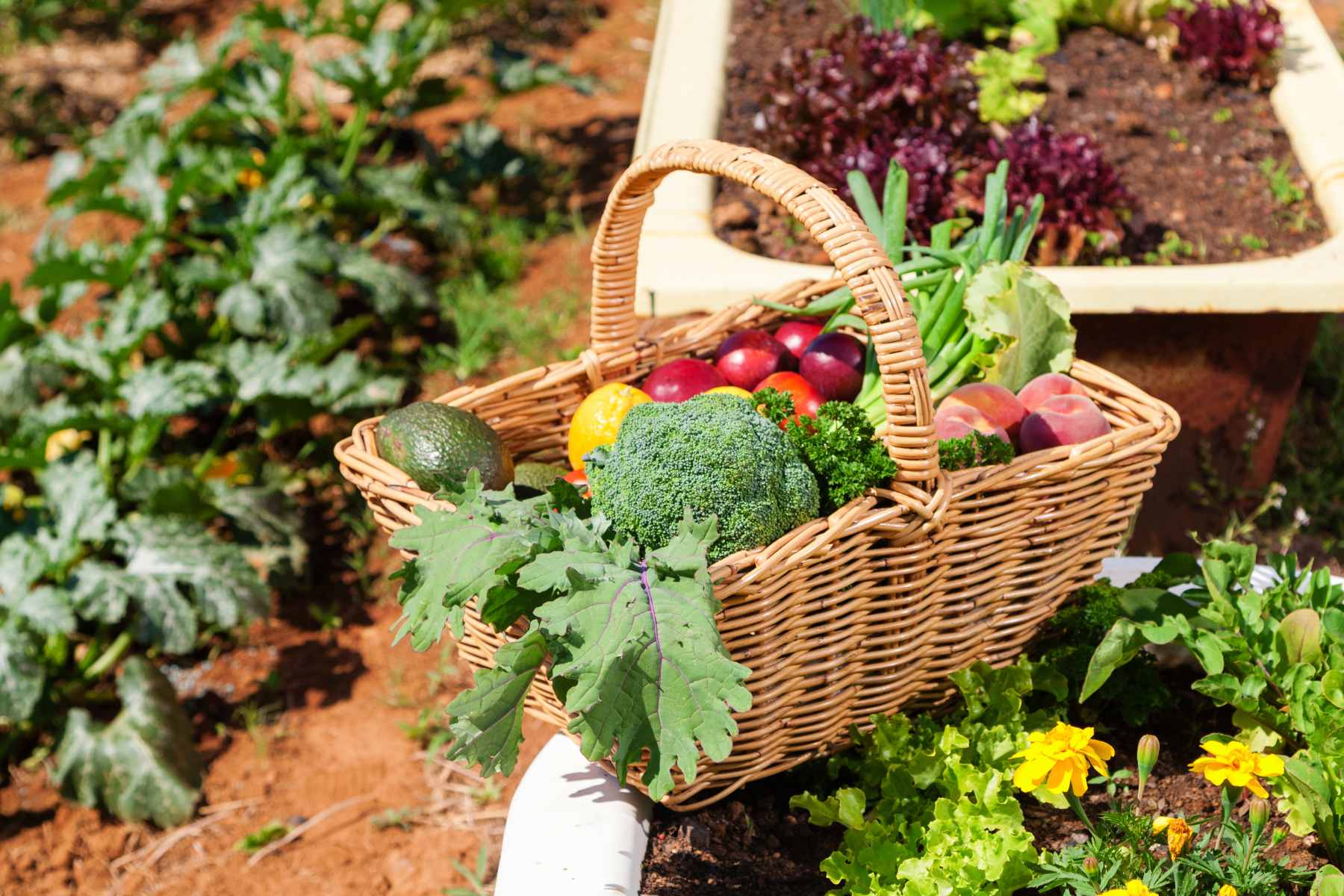
Conclusion
Our natural and organic pesticide and fungicide, stands as an example of our dedication to safe, effective gardening solutions. When used as directed, it is safe for humans, bees, pets, and ladybugs. It harnesses the power of naturally derived compounds while supporting environmentally mindful gardening practices.
The use of Lost Coast Plant Therapy, whether as a foliar spray or a soil drench, signifies a commitment to healthier gardening practices, providing a reliable method to control pests and tackle fungus. Each application not only contributes to the wellbeing of your garden but also supports a broader vision of ecological care. Together, through each choice we make and each action we take in our gardens, we contribute to a healthier planet, one garden at a time.
FAQ's
What makes an insecticide "certified organic," and how does it differ from conventional pesticides?
Organic insecticides comply with standards set by regulatory bodies like the Organic Materials Review Institute, using natural active ingredients to control pests. These ingredients are designed to degrade quickly and align with sustainable gardening practices.
Can I use your Natural Plant Protector on all types of plants, including organic vegetables?
Yes, our Natural Plant Protector is designed for use in organic production systems, including indoor and outdoor gardens, making it a versatile choice for growers adhering to organic agriculture practices. Its formulation is gentle enough for tender vegetables and also robust enough for keeping houseplants healthy.
Is your Natural Plant Protector safe for bees and other beneficial insects?
When used as directed, it minimizes the impact on beneficial insects like bees, ladybugs, and praying mantises. Apply it during times when these beneficial insects are less active to reduce potential contact.
How often should I apply organic insecticides, and are they as effective as conventional ones?
Organic insecticides, such as our Natural Plant Protector, may require repeated applications for optimal control, similar to conventional products. However, they are designed to be less toxic and more environmentally friendly, offering an effective and sustainable solution for pest management in organic gardens.
Are there any precautions I should take when using organic pesticides?
While organic pesticides are generally safer than synthetic alternatives, it's still important to read and follow the label instructions carefully. Avoid spraying during the hottest part of the day to minimize plant stress and potential harm to non-target insects. Always wear protective gear as recommended, even with organic products, to ensure safe application.
See more FAQ's here.
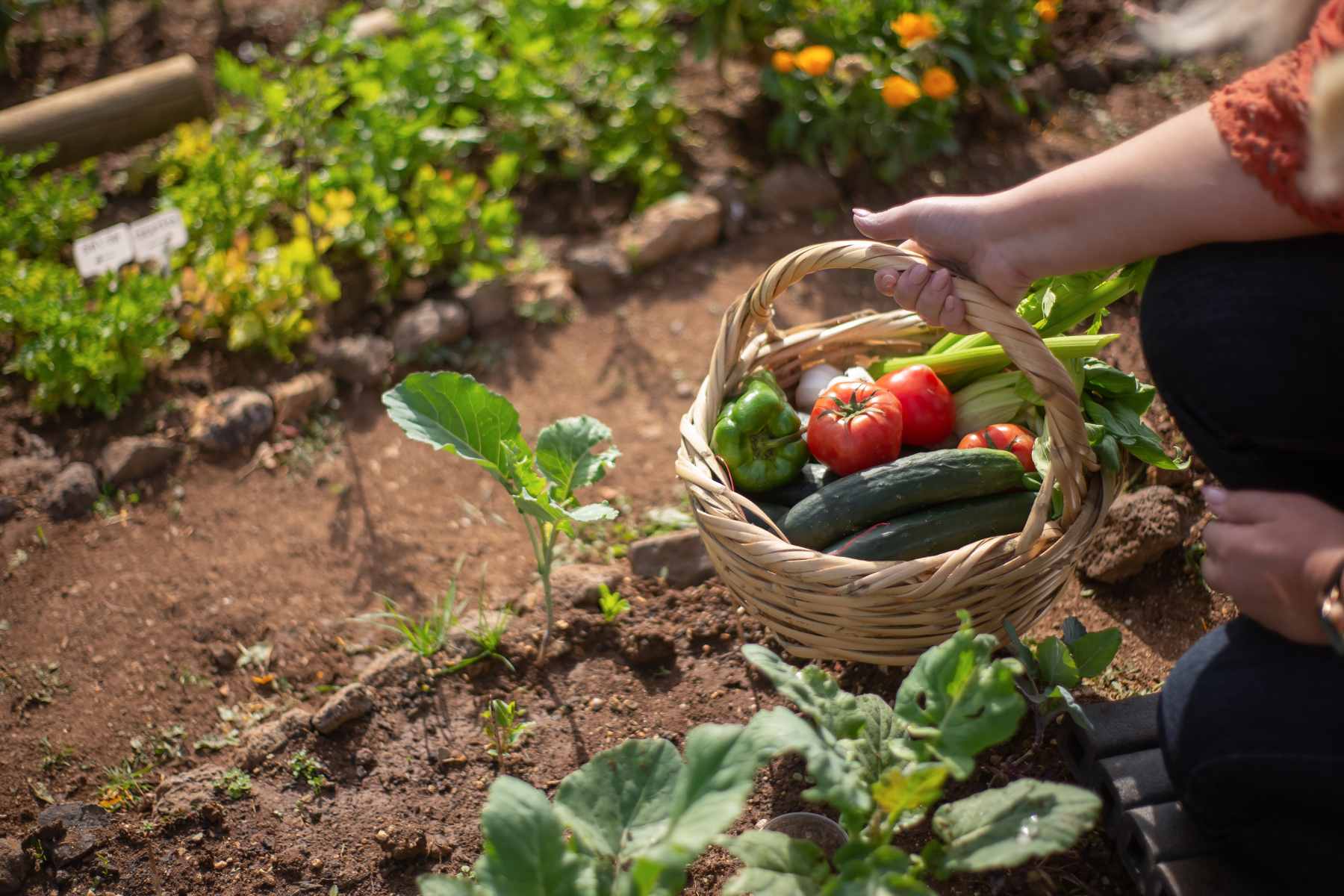
Additional Resources
Pest and Disease Guides - Almanac
Garden Pests and Diseases - University of California
Common Types of Aphid - AZ animals
Spider Mites - Virginia State University
Tips for Healthy Soil in Your Backyard Garden
Living soil, healthy garden - University of Minnesota Extension
Powdery Mildew Diseases of Ornamental Plants - University of Massachusetts Amherst


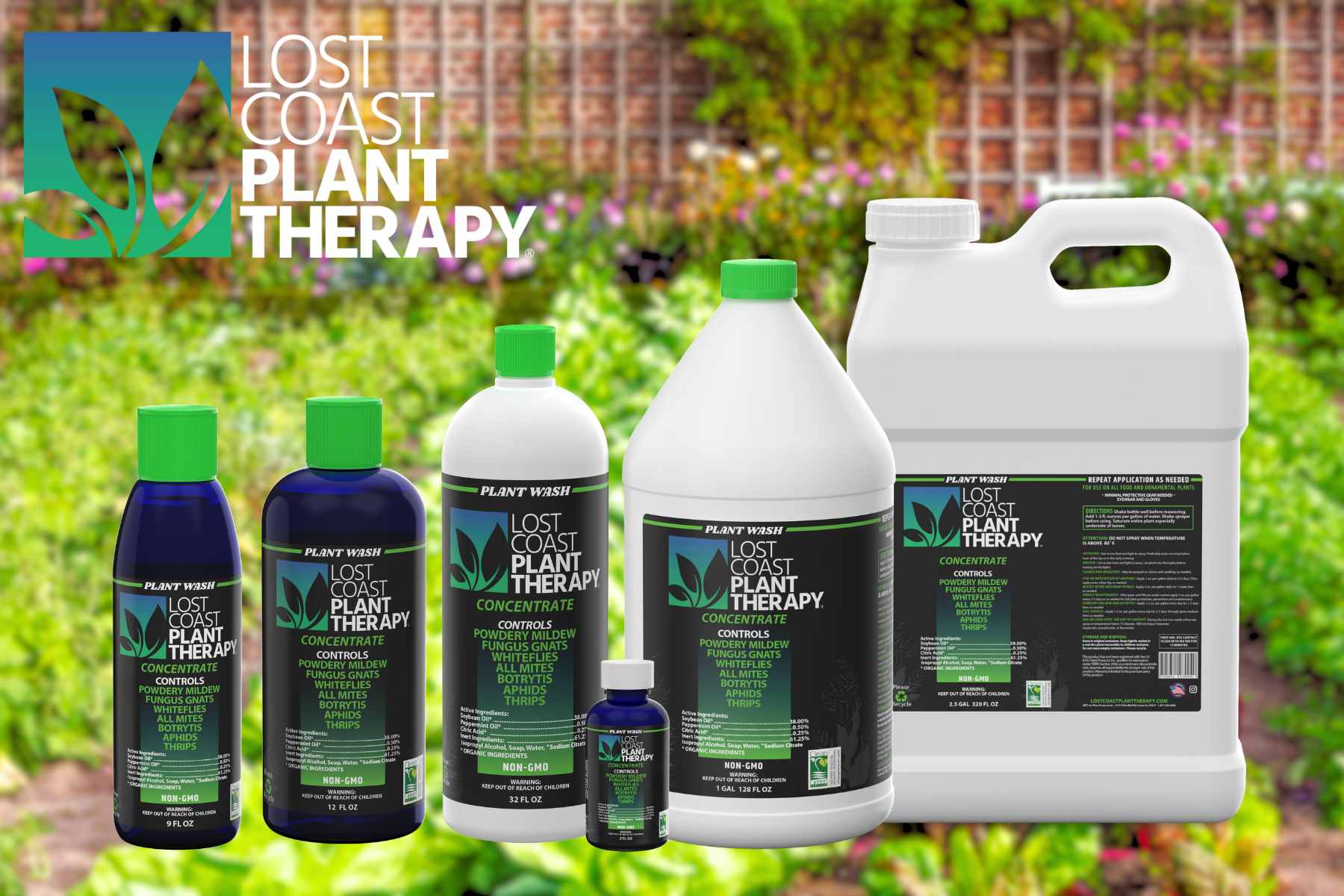

![How to Start an Indoor Vegetable Garden [Full Guide]](http://www.lostcoastplanttherapy.com/cdn/shop/articles/indoor-vegetable-garden-18_0170e0cd-c578-4351-96c5-bb90970452f3.jpg?v=1742570747&width=1100)

